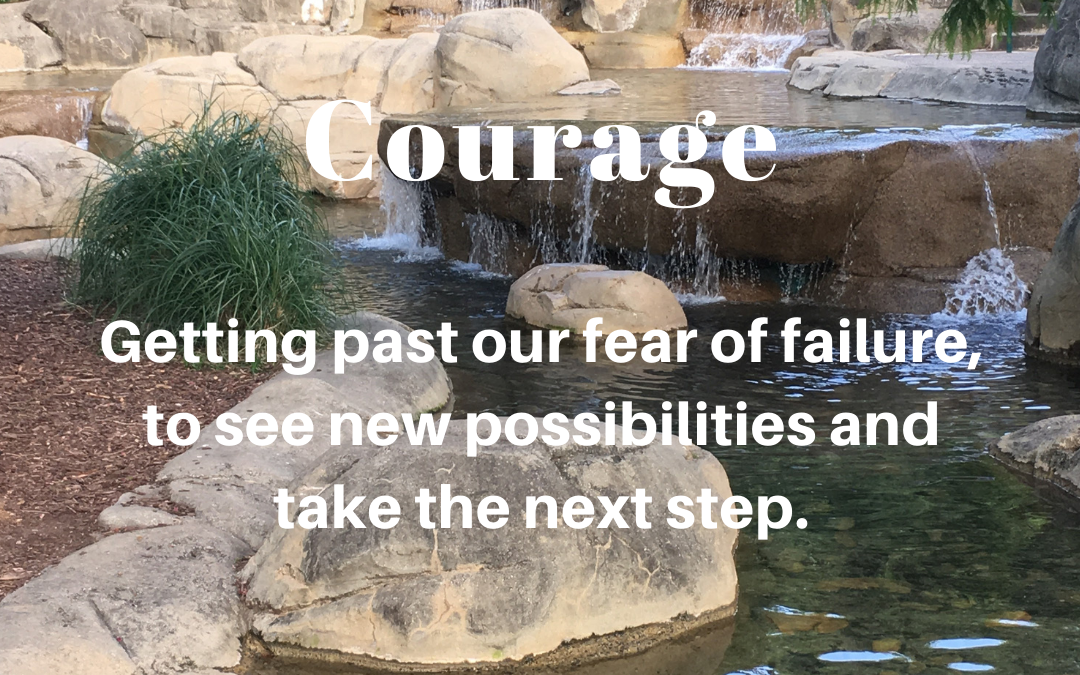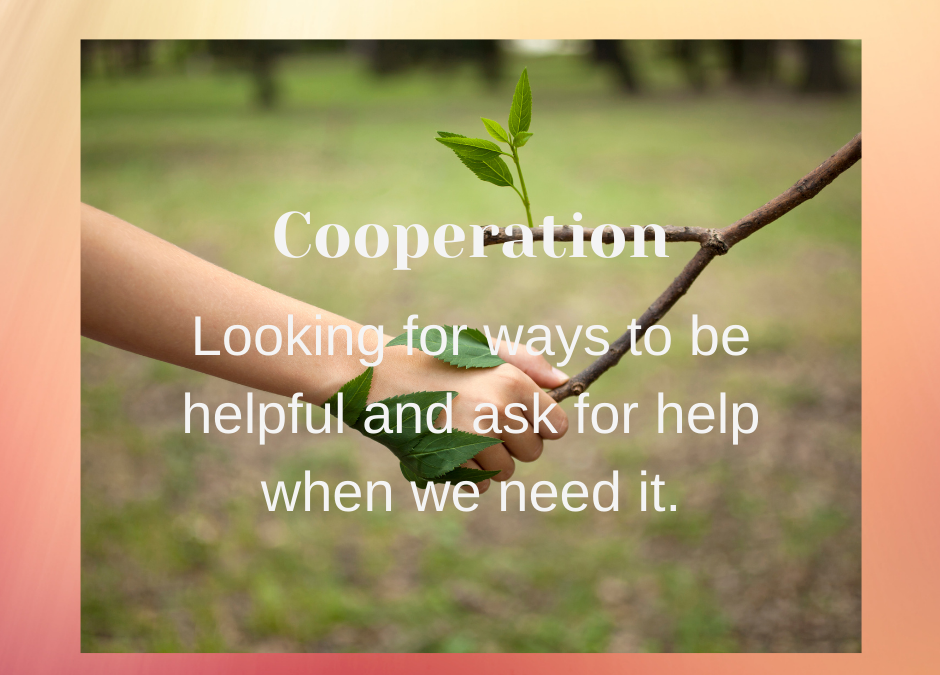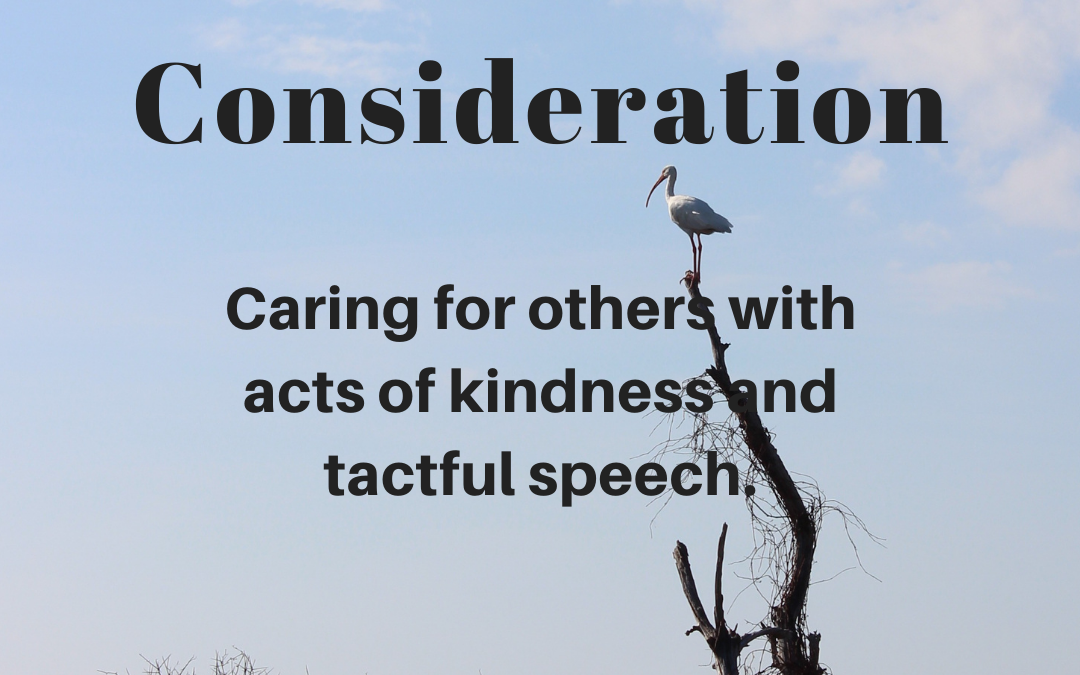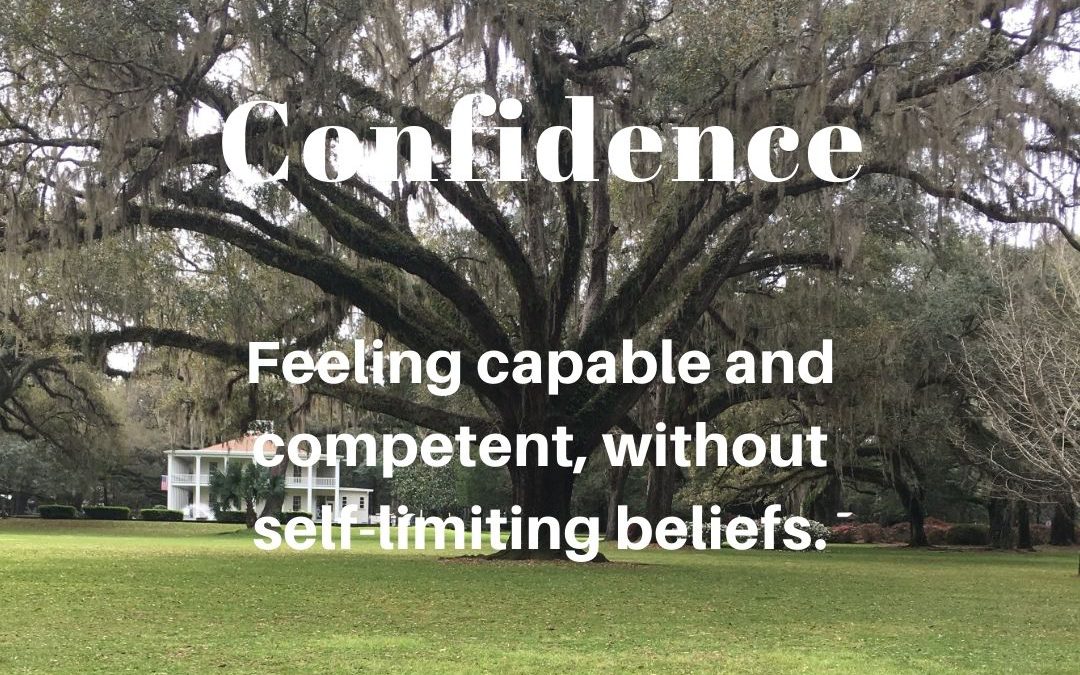
Courage
Description
Courage is the quiet power that transforms fear into determination, enabling us to face challenges with resilience and purpose. It is the willingness to live fully and step forward even when uncertainty or risk looms. Courage allows us to act with integrity, to do what is right even when it is hard, and to rise again after setbacks, embracing the opportunity to learn and grow.
At its core, courage is about taking the next step when the path feels daunting. It equips us to face adversity with confidence and remain steadfast in pursuing our goals, no matter how challenging the journey. Courage also calls us to face the truth with humility and grace, make amends when we falter, and move forward with renewed conviction.
This virtue empowers us to explore new possibilities and embrace the strength required to make sacrifices for what truly matters. Whether it’s the courage to let go of the past, protect those we love, or take a leap of faith into the unknown, courage fuels our spirit to live authentically, wholeheartedly, and with unwavering hope.
Affirmations for Courage
1. I face challenges with an open heart and steady resolve.
This helps by reinforcing the mindset of embracing difficulties as opportunities for growth rather than obstacles to fear.
2. I take one step at a time, even when the path ahead is uncertain.
This encourages action, reminding you that courage grows with each small, deliberate step forward.
3. I trust in my ability to handle whatever comes my way.
This builds self-confidence, reassuring you that you are capable of navigating through adversity.
4. I speak and act truthfully, even when it feels uncomfortable.
This supports authenticity, fostering the courage to live in alignment with your values.
5. I release the fear of failure and welcome the lessons it brings.
This reframes failure as a stepping stone to growth, allowing you to approach challenges less fearfully.
6. I choose courage over comfort, knowing it leads to personal growth.
This shifts focus from temporary ease to long-term fulfillment, motivating you to step out of your comfort zone.
7. I embrace my vulnerability as a sign of strength.
This reminds you that courage often requires openness, helping you connect with others and grow emotionally.
8. I take responsibility for my choices and move forward with determination.
This cultivates accountability and persistence, empowering you to own your journey.
9. I seek the support I need, knowing courage is not about going it alone.
This encourages connection, recognizing that leaning on others is a courageous act.
10. I allow myself to begin again, knowing every new attempt is an act of bravery.
This promotes resilience, helping you view setbacks as opportunities for renewal and continued effort.
Quotes
“Success is not final, failure is not fatal: it is the courage to continue that counts..” — Winston Churchill
“Courage is the most important of all the virtues because without courage, you can’t practice any other virtue consistently.” — Maya Angelou
“Life is either a daring adventure or nothing at all. Security does not exist in nature, nor do the children of men as a whole experience it. Avoiding danger is no safer in the long run than exposure.” — Helen Keller
Courage In Family Life
Courage in family life is the willingness to face challenges, express feelings, and take meaningful actions with honesty and determination. For parents, it means leading by example—standing strong in difficult moments, admitting mistakes, and demonstrating resilience. It’s about making choices that reflect family values, even when those choices are not the easiest or most popular. Courage empowers parents to have open, respectful conversations with their children, to set boundaries rooted in love, and to guide their family through life’s uncertainties with grace and strength.
For children, courage is learning to try new things, speak their truth, and face fears with support and encouragement. It’s about understanding that mistakes are a natural part of growing and that taking the first step is often the hardest but most rewarding part of any journey. When children see their parents model courage—whether through acts of kindness, standing up for what is right, or simply showing vulnerability—they are inspired to develop this virtue in their own lives.
Together, parents and children can cultivate courage by embracing challenges as opportunities for growth, supporting each other in moments of fear, and celebrating every brave step forward, no matter how small. Courage in family life fosters trust, resilience, and a deep connection that strengthens the bonds of love.
Balancing Courage
When balanced, courage is a powerful force that helps families face challenges with strength and determination. However, like any virtue, courage requires the support of other virtues to ensure it does not become reckless or fade into timidity. When courage is in harmony with other virtues, it can inspire confidence, resilience, and love within the family.
-
-
- Prudence: Prudence ensures that acts of courage are thoughtful and considerate, preventing reckless decisions.
- Humility: Humility keeps courage grounded, reminding us to acknowledge our limitations and seek help when needed.
- Compassion: Compassion tempers courage by encouraging sensitivity to the feelings and needs of others, ensuring bold actions are also kind.
- Patience: Patience helps balance courage by reminding us that some challenges require steady perseverance rather than immediate action.
- Discernment: Discernment guides courage toward wise choices, focusing bravery on meaningful and just causes.
- Self-Discipline: Self-discipline helps regulate courage, ensuring it is applied consistently and not driven by impulsive emotions.
- Respect: Respect ensures that courageous actions honor the dignity and boundaries of others, creating a foundation of mutual trust.
- Gratitude: Gratitude moderates courage by fostering an appreciation for what is already present, reducing the drive for unnecessary risks.
- Hope: Hope supports courage by inspiring perseverance and optimism, helping families remain steadfast in the face of adversity.
- Wisdom: Wisdom balances courage by offering perspective and ensuring brave actions are aligned with long-term goals and values.
-
Maintaining a balance of virtues allows courage to flourish in a healthy and constructive way. When paired with virtues like prudence, compassion, and humility, courage becomes a force for good that strengthens family bonds and nurtures growth. Cultivating this balance for both parents and children leads to a more harmonious and resilient family life, where bravery is guided by love, thoughtfulness, and shared values.
Joe is a husband, father, grandfather, author, speaker, educator, course creator, and parent/family coach.
He helps parents develop unity, find clarity, communicate, and develop consistency in their parenting with the Four C’s of Successful Families. You can find his work on social media.
In addition, the Four C’s newsletter is enjoyed by many as it encourages parents to self-care, build their relationships with their partners, and raise their children.
And he loves to golf!




